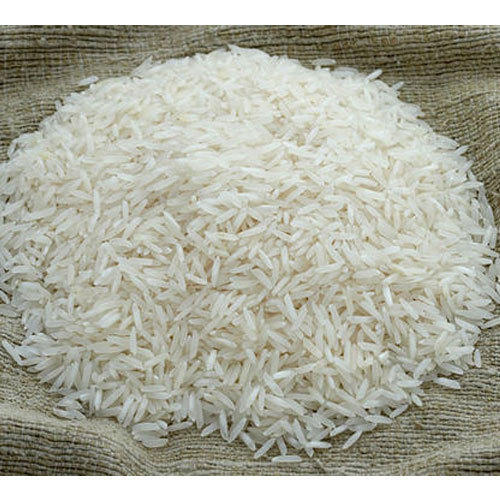
Pakistan has aggressively staked its claim over Basmati, increasing its listed cultivation area from 14 districts to 44. India has strongly objected to this. File photo
No takers for fortified rice in Tamil Nadu?

The recent decision of the Tamil Nadu Civil Supplies Corporation (TNCSC) to sell 510 tonnes of expired fortified rice as animal feed has once again raised concerns over fortified rice in the state.
Recently, reports said the rice stock was part of Abdul Latif Jameel Poverty Action Lab’s (J-PAL) “alleviating anaemia” project launched in collaboration with the Tamil Nadu government. The MoU was signed in November 2014.
The aim of the project is to address anaemia by selling fortified rice in ration shops. The fortification process involves adding vitamins and micronutrients to the rice.
What led to expiry
The fortified rice was to be issued to the public distribution system (PDS) beneficiaries of Bhuvanagiri and Chidambaram taluks of Cuddalore district and a sample of 220 villages/fair price shops had been selected for the same.
“Due to unavoidable circumstances, 510 tonnes of fortified rice got expired before issuing to PDS. Therefore, it has been decided to sell the 510 tonnes of expired fortified rice through e-tender for use as animal feed (not for human consumption),” said the document for tender, which was invited on November 19.
A media report quoted S Prabhakar, TNCSC managing director, as saying that the fortified rice did not meet “quality standards” during lab tests, and that the tests were done twice – once in Tamil Nadu and once in Karnataka. The stock is currently lying in a godown in Manalur, Cuddalore.
While D Subramani, senior manager, quality control, TNCSC, did not respond to calls made by this correspondent, a nutritionist said the fortified rice expired because it could not be supplied to people in time.
“In 2017, rumours broke out in Tamil Nadu that ration shops were selling plastic rice. There is no such thing as plastic rice. It was actually fortified rice kernels. Because of that rumour, the rice couldn’t be supplied to PDS card-holders and hence expired. When it was taken for tests, it didn’t match the quality norms,” he explained.
Impact on Centre’s scheme?
The current issue has created concern among people at a time when the state is implementing the Union government’s fortified rice scheme on a pilot basis in Trichy district. The scheme kicked off on October 1, 2020.
When contacted, Raja Thirumurthy, an executive who is responsible for the scheme in Trichy, said the programme is going well.
“From the date of commencement till now, we haven’t received any complaints over fortified rice,” he said.
On the question of quality, he said there may be some discolouration of the rice kernels due to various reasons. “In Tamil Nadu, we procure paddy and then hull it. Then the rice goes for fortification, whereas in other states, the governments purchase already polished rice from Food Corporation of India and then fortify it. Since we procure paddy with high moisture content and store it for long, there may be some discolouration of rice,” he said.

